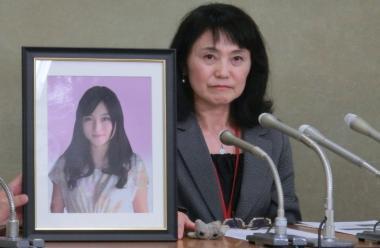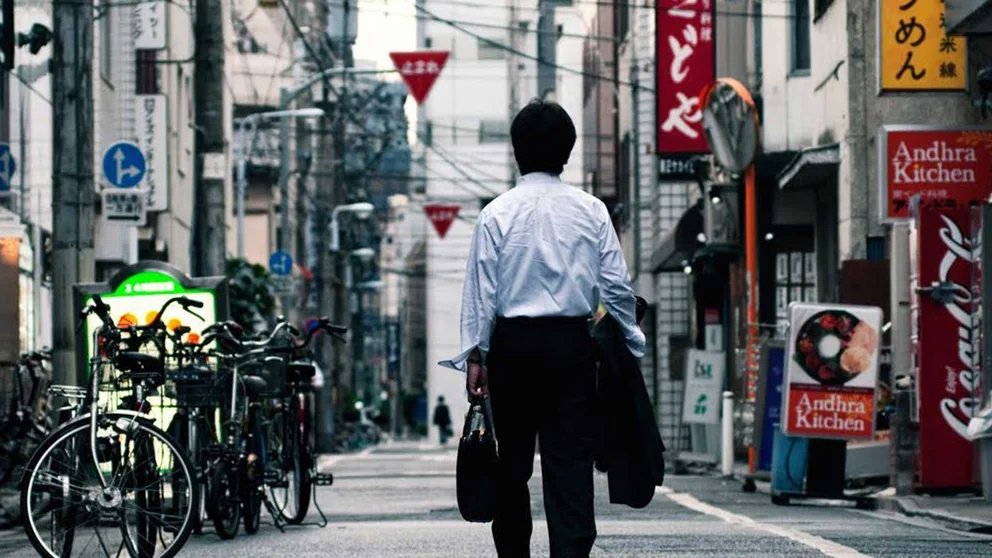Work Culture in Japan - Toxic Relationships, Karoshi, or Death from Overwork, and the 16-Hour Workday
Introduction
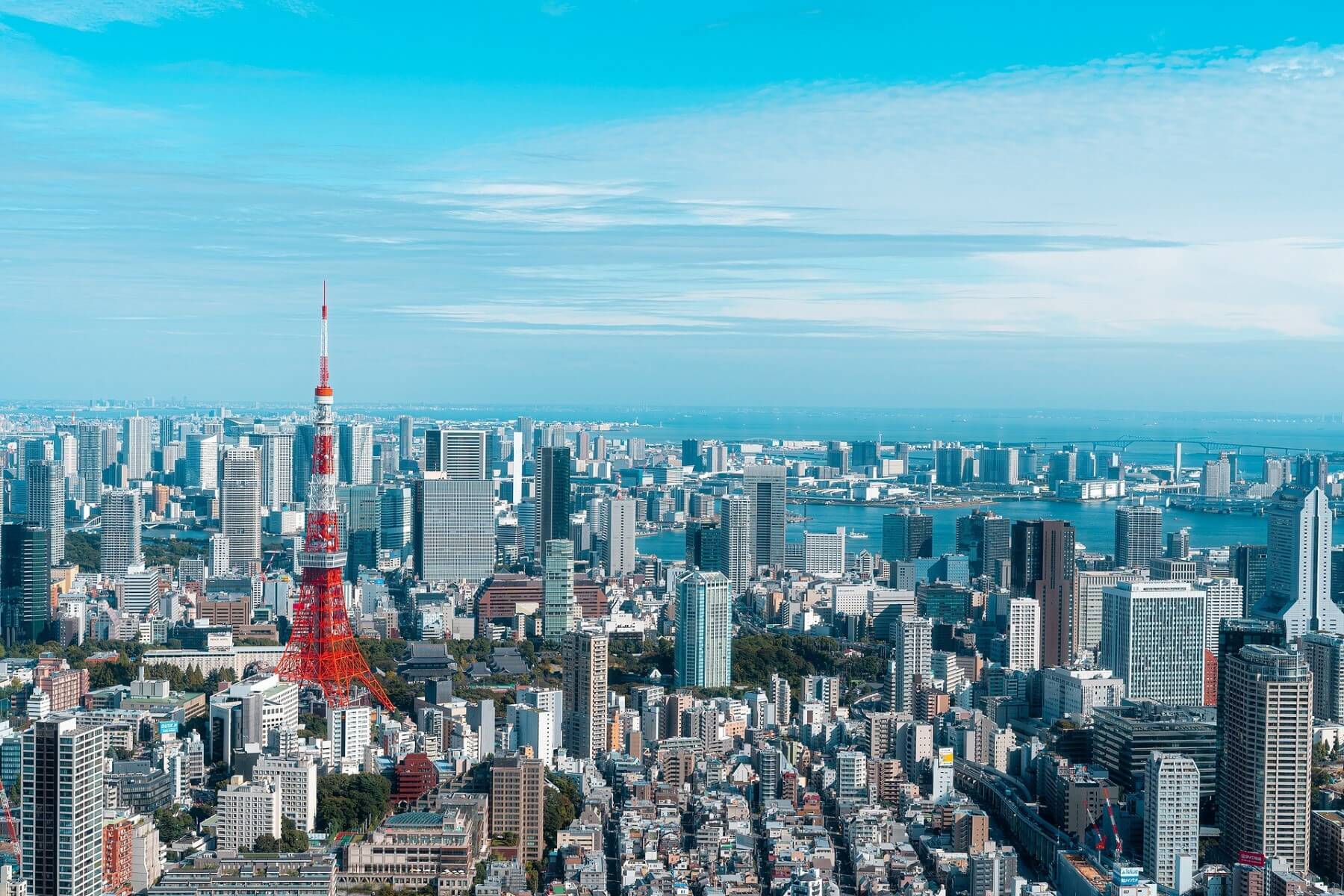
However, this relentless pursuit of efficiency and commitment in the workplace has a dark side. In Japan, the term "karoshi" has emerged, literally translating to "death from overwork." This term has become a symbol of the tragic consequences of an extreme overtime culture, where workers labor to the point of exhaustion, which in some instances leads to severe health issues or even death.
Although the issue of karoshi has been known in Japan for years, it's only recently that it has been widely discussed in the media and among society. A deepening understanding of the scale and gravity of this phenomenon leads to reflection on the real costs of long working days and overtime in one of the world's most overworked societies.
Roots of the Toxic Work Culture
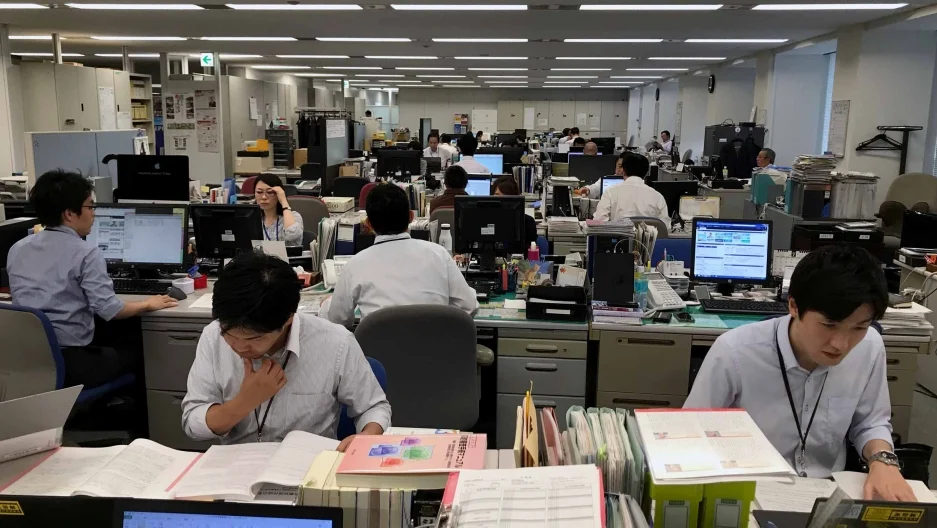
At the core of this work culture was the ideal of the perfect worker – loyal, dedicated, and willing to sacrifice for the company's good. In Japan, where traditional collectivist values are deeply rooted, such a worker was seen as a role model. Striving to fulfill this ideal not only promoted a culture of long working hours but also led to societal pressure, making workers often feel they had to work longer hours to avoid being perceived as less valuable to their team or company.
In practice, this work culture had significant consequences for the everyday lives of the Japanese. While loyalty and dedication were prized, this often came at the expense of the workers' mental and physical health, their family and personal relationships, and overall quality of life. The paradox was that while Japan grew stronger as an economy, many were paying a steep price in terms of burnout, health issues, and – as the concept of "karoshi" showed – even the risk of death from overwork.
Toxic Employer-Employee Relations

This concept of valuing "input" over "output" transforms workplace relationships, creating an atmosphere where the amount of time spent in the office outweighs actual work quality or efficiency. This model can lead to artificially extending working hours without a real need or benefit to projects or tasks. On one hand, employees might feel obligated to stay longer to not appear less committed; on the other, this could lead to reduced efficiency as workers may become more fatigued.

Hierarchy is deeply embedded in Japanese culture, not just in professional relationships. Respect for elders, authorities, and those with higher social or professional status is a fundamental element of this culture. In the workplace, this translates to younger employees often hesitating to contradict or express differing opinions against their senior colleagues or superiors.
Karoshi - The Tragic Consequences of Overwork
"Karoshi" is a Japanese term that translates to "death from overwork". This phenomenon has become increasingly common in Japan over the past few decades, with some workers, after working excessive hours, literally working themselves to death. Data from Japan's Ministry of Health, Labor, and Welfare indicates that many deaths are reported each year related to workplace stress and exhaustion. While official figures account for hundreds of cases annually, some experts suggest the real number might be much higher given the unreported or unclassified cases of "karoshi".
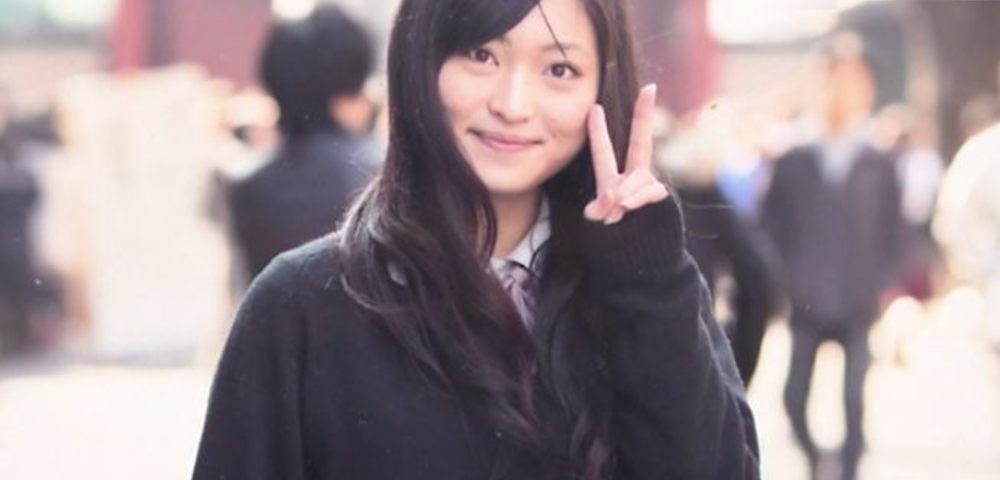

Although the Japanese government has taken steps to reduce overtime and promote a healthier work-life balance, many companies still maintain a culture of long working hours. The tragedies associated with "karoshi" serve as a stark reminder of the toll this culture takes on individuals, their families, and society at large.
Why are 16-hour workdays the norm?
Japanese work culture is among the most demanding in the world. For many Japanese, 16-hour workdays, though shocking to outsiders, are a grim reality. But how did this become the norm, and what are its consequences?
Structures and corporate expectations favoring long hours

The impact of long workdays on health, personal life, and family relations
Working 16 hours a day has dire implications for workers' health. Overwork can lead to chronic stress, exhaustion, heart issues, and even premature death, as seen in "karoshi" cases. Mental health also suffers, with high rates of burnout and depression among corporate workers in Japan.
Besides the physical and psychological impacts, the long hours affect workers' personal lives. Finding time to spend with family, nurture relationships, and even do basic household chores becomes a challenge. For many Japanese returning home after midnight, it means rarely seeing their children awake. Consequently, family relationships can suffer, resulting in increased divorce rates and feelings of isolation and alienation among family members.
The culture of long working hours thus deeply affects Japanese society, not just corporate workers. Addressing this issue requires deep reflection and reform across various layers of Japanese corporate and social structures.
Attempts at change and challenges
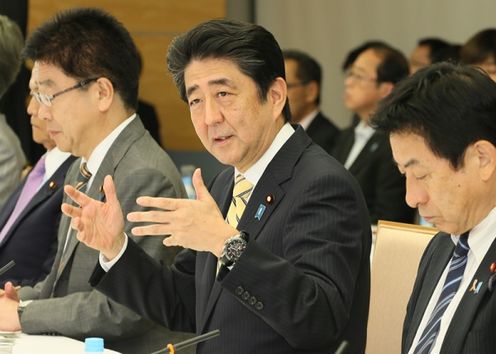
The Japanese government attempted to shift work culture through various initiatives and laws. One significant move was the launch of the "Work Style Reform Action Plan" by the Prime Minister's Office in 2016. This aimed to foster a more flexible work culture, promote work-life balance, and overall increase workplace productivity. Although the number of employers offering flexible working arrangements has increased since its introduction, many rigid aspects of work culture remain unchanged.
While many companies have responded positively to government initiatives, implementing flexible hours or remote work options, many remain entrenched in old, deep-rooted habits. This often stems from internal corporate structures emphasizing physical presence and long hours as proof of dedication. While some companies have embraced reform, many still face challenges in monitoring work hours, a primary concern cited by company managers.
Technology can play a pivotal role in transforming Japan's work culture. Digitization, remote work, and flexibility, which became more prevalent during the COVID-19 pandemic, have shown work can be just as effective outside the traditional office. However, while many companies have embraced technology for change, there's a risk of merely trading one extreme for another, with employees being always available due to technology, also leading to burnout. The key is to find a balance and use technology in a way that genuinely improves workers' life quality.
New Wave, Old Current: The Young Generation Facing Japan's Toxic Work Culture
The young generation of Japanese represents the key to the future of work culture in the country. With increased access to information, globalization, and an awareness of the health and social consequences associated with a toxic work culture, many young Japanese express a desire for change and are seeking more sustainable forms of employment. Many prefer flexible work conditions, such as remote work or more flexible hours, indicating a growing emphasis on work-life balance.
However, despite this positive shift, corporate structures, long-standing traditions, and social norms in Japan still pose challenges in achieving tangible changes. Many young workers feel the pressure to meet the expectations of parents, society, and companies that view long working hours as a sign of commitment and dedication.
As a result, even though the young generation is more aware and wants to break the cycle, many of these old patterns remain deeply ingrained. Japan is faced with the challenge of not just changing the work culture, but also the societal norms and expectations that still keep workers in a cycle of exhaustion and burnout. The country has a long way to go, and a real transformation will require more than just an awareness of the problem. It demands bold actions at multiple levels of society.
"Strong Japanese Women"
see book by the author
of the page
未開 ソビエライ
An enthusiast of Asian culture with a deep appreciation for the diverse philosophies of the world. By education, a psychologist and philologist specializing in Korean studies. At heart, a programmer (primarily for Android) and a passionate technology enthusiast, as well as a practitioner of Zen and mono no aware. In moments of tranquility, adheres to a disciplined lifestyle, firmly believing that perseverance, continuous personal growth, and dedication to one's passions are the wisest paths in life. Author of the book "Strong Women of Japan" (>>see more)
Personal motto:
"The most powerful force in the universe is compound interest." - Albert Einstein (probably)
Mike Soray
(aka Michał Sobieraj)
未開 ソビエライ
An enthusiast of Asian culture with a deep appreciation for the diverse philosophies of the world. By education, a psychologist and philologist specializing in Korean studies. At heart, a programmer (primarily for Android) and a passionate technology enthusiast, as well as a practitioner of Zen and mono no aware. In moments of tranquility, adheres to a disciplined lifestyle, firmly believing that perseverance, continuous personal growth, and dedication to one's passions are the wisest paths in life. Author of the book "Strong Women of Japan" (>>see more)
Personal motto:
"The most powerful force in the universe is compound interest." - Albert Einstein (probably)
Mike Soray
(aka Michał Sobieraj)
Write us...
Ciechanów, Polska
dr.imyon@gmail.com
___________________
inari.smart
Would you like to share your thoughts or feedback about our website or app? Leave us a message, and we’ll get back to you quickly. We value your perspective!
